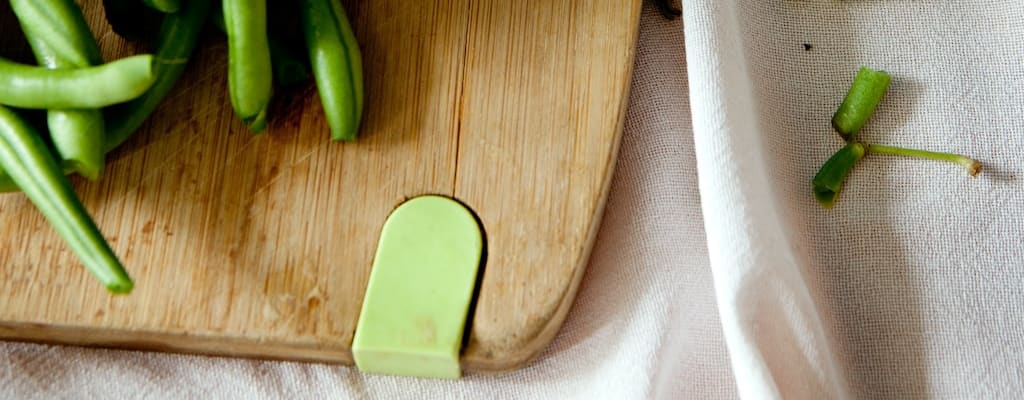wooden spoon: Idiom Meaning and Origin
What does ‘wooden spoon’ mean?
The idiom "wooden spoon" refers to someone who consistently finishes in last place or fails to win. It derives from the tradition of awarding a wooden spoon to the loser of a competition or game.

Idiom Explorer
The idiom "wooden-top" refers to someone who is extremely stupid or unintelligent. The term is derived from the slang expression used to describe a person with a wooden head, indicating a lack of wit or understanding.
A "wooden spoonist" is someone who consistently performs poorly in a competition or finishes in last place.
The idiom "touch wood" is used to express a hope that something will continue to be successful or positive. It is often accompanied by a superstitious action of physically touching or knocking on wood.
The idiom "tooth-and-nail" means to fight or compete fiercely and aggressively, using every means necessary to achieve victory or success.
The idiom "third string" refers to being the least skilled or experienced person in a particular group or organization.
The idiom "snatch victory from the jaws of defeat" means to achieve success in a situation that seemed almost certain to end in failure.
The idiom "snatch defeat from the jaws of victory" means to fail or lose a certain victory or advantage due to a mistake, error, or poor decision-making at the last moment.
The idiom "silver spoon" refers to someone who is born into a wealthy or privileged family, implying that they have advantages and opportunities handed to them without having to work for them.
The idiom "short end of the stick" refers to being in a disadvantaged or unfavorable position, often due to unfair treatment or circumstances beyond one's control.
Origins Unveiled
The wooden spoonist is an extension of the idiom "wooden spoon." It is used to describe a person or team who consistently comes in last place or performs poorly in multiple competitions or contests. The term implies a lack of skill or ability, and is often used in a teasing or mocking manner. While the wooden spoon may be seen as a lighthearted symbol of failure, the wooden spoonist takes it a step further, suggesting a pattern of consistent underachievement.
Similar to the wooden spoonist, the term "wooden-top" is also related to the idiom "wooden spoon." However, while the wooden spoonist refers to someone who consistently performs poorly, a wooden-top is someone who is perceived as being unintelligent or slow-witted. The term is often used humorously to tease or make fun of someone who is not particularly bright or quick-thinking. It is important to note that both the wooden spoonist and the wooden-top are lighthearted expressions and should not be used to purposely hurt or offend others.
Another related idiom is "first loser." This phrase is often used to describe the person or team who comes in second place in a competition. It highlights the idea that being the runner-up can still be disappointing, even if it is technically a higher ranking than coming in last place. The term "first loser" emphasizes the competitive nature of certain situations and the distinction between being the ultimate winner and falling just short of that title. While it may be used in a negative or self-deprecating way, it can also serve as motivation to strive for first place and avoid the dreaded wooden spoon.
The idiom "wooden spoon" and its related expressions, such as "wooden spoonist," "wooden-top," and "first loser," offer insights into our society's emphasis on competition and success. These terms highlight the human desire for recognition and accomplishment, as well as the fear of being seen as a failure. While they may carry negative connotations, they are often used in a light-hearted or humorous manner. It is important to remember that these expressions should be used with sensitivity and respect, avoiding any intentional harm or offense.
Example usage
Example 1: She won the wooden spoon in the cooking competition.
Example 2: The team finished the season with the wooden spoon, having lost every game.
Example 3: He was always the wooden spoon in his college class, always coming last in exams.
More "Kitchen" idioms



